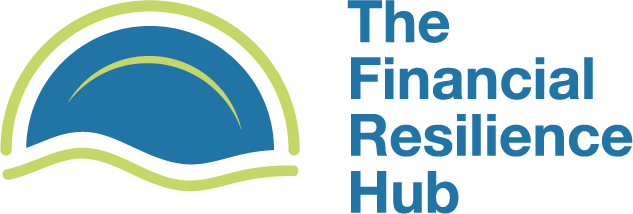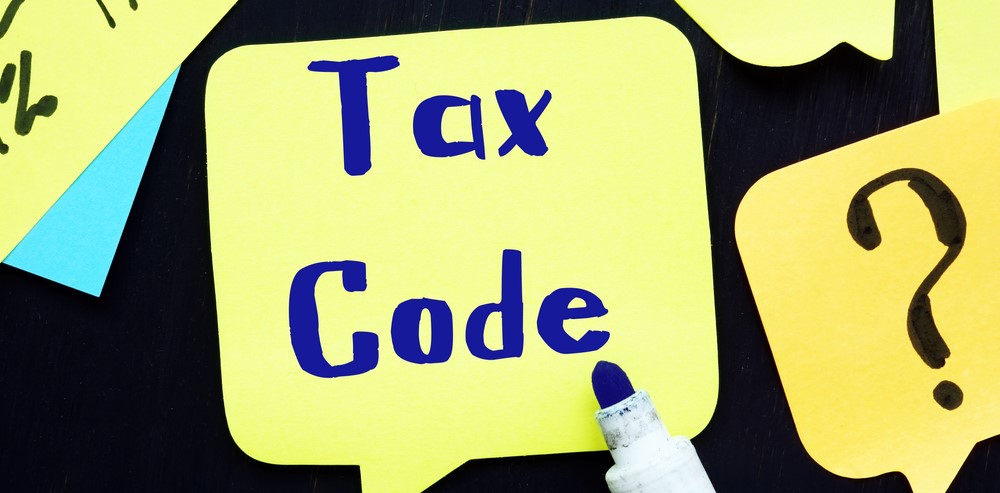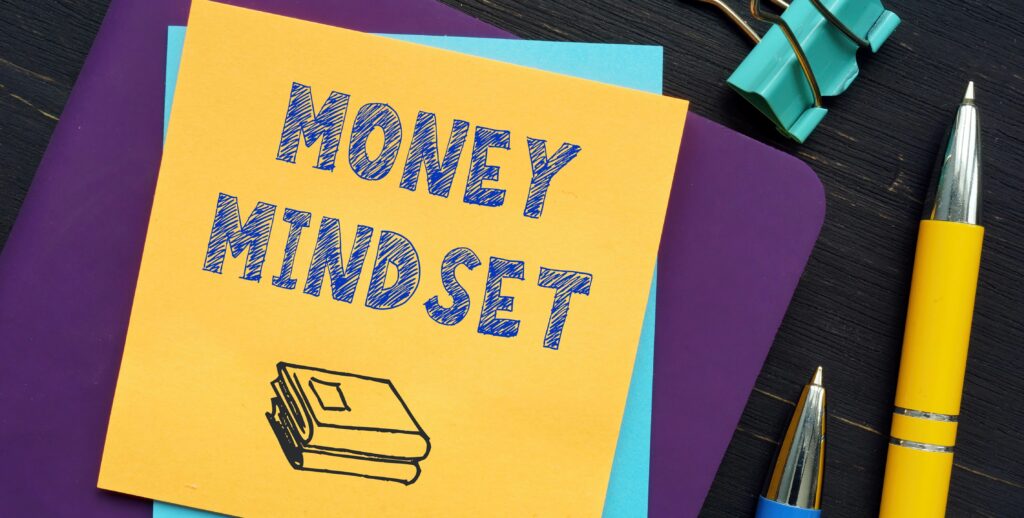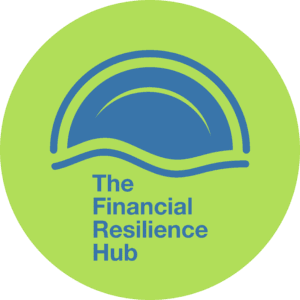
Selling online – when do you need to tell HMRC?
|
|
Many of us will have sold a book we’ve read, a CD of music we’ve grown out of, or a jacket we bought on a whim only to realise we’d never wear it. This is not considered trading nor does it need to be reported (but do check out the section on capital gains tax later in this blog).
If, though, you’re buying something with the intention of selling it for a profit, or actively creating something from other materials and selling it on, you’ll need to tell HMRC if your sales total more than £1,000 per tax year.
👉 Your ‘sales total’ is your revenue calculated before expenses (such as platform fees, bank charges, postage and other costs) are taken into account. It includes your sales from all onlineand offline (craft stalls, etc) transactions.
It’s important you tell HMRC if you’re in this situation because, since 1st January 2024, all digital platforms have been required to report their online sellers and income to HMRC. If you have not declared your taxable income to HMRC, they may come chasing you and you really don’t want that!
Why £1,000?
Since April 2017, there’s been a £1,000 trading allowance. So, if your total trading income (before any deductions) is less than £1,000 in any given tax year, it’s considered tax-free and does not need to be reported to HMRC. I don’t think HMRC want the extra admin, if I’m honest! Can you imagine how many of us would have to register for self-assessment every time we went through a creative spell and sold our art for £150?
However, if your total trading income is more than £1,000 in any given tax year, you must report your sales to HMRC.
📢 If your actual expenses are less than £1,000, it’s more beneficial to deduct the £1,000 trading allowance instead. For example, if your total sales are £1,500 and your total costs are £600 then, without the allowance, you would be taxed on the profit of £900. However, if you claimed the trading allowance instead of the £600 costs, you’d deduct £1,000 and so your taxable profits would be £500.
And no, you can’t claim both! 🙄
👉 You claim trader’s allowance when you complete your self-assessment. Find out about tax-free allowances on trading (and property) income here.
What if you make a genuine loss?
If your costs are higher than your sales (whether they are more than £1,000 or not), it could still be worthwhile reporting your losses to HMRC in case they can be offset against other trading income (some rules may apply).
You can’t, though, use the trading allowance to convert your profit into a loss. If you had £500 of sales, for instance, you could only deduct £500 of trading allowance.
👉 Like personal allowances, unused trading allowances do not carry into the next tax year.
👉 Most businesses will make a loss in the first year but if you’re still making a loss 3-5 years later then you have to question whether you have a business or simply a hobby!
When do I need tell HMRC?
You must register for self-assessment by 5th October after the end of the tax year in which the sales took place – so, by 5 October 2024 if you made sales in the tax year 2023/24 tax year (6th April 2023 to 5th April 2024).
How do I register?
You can register here: https://www.gov.uk/register-for-self-assessment
What was that about capital gains tax?
If you sell your own second-hand goods that you no longer use, you don’t need to declare anything, so long as you bought these goods with the intention of using them, not selling them or selling them for a profit.
However, if you do sell something and make a substantial profit on it (perhaps jewellery, art, land, crypto-currency or shares), you’ll have to pay capital gains tax.
👉 Your residential home (and land) is excluded, but if you have more than one home you will have to pay capital gains tax on the second home (the one you don’t live in).
The good news is there is a capital gains allowance. For the 2023/24 tax year (6th April 2023 to 5th April 2024), the allowance was £6,000. For the 2024/25 tax year it’s £3,000.
Find out more about capital gains tax here.
Get regular access to valuable information like this from an approachable accountant…
…join The Financial Resilience Hub for Q&A sessions, weekly finance and general business tips, in-person and online workshops and access to a growing resource of bite-sized online courses available 24/7. Uncover the full membership benefits.
ABOUT THE AUTHOR

Helen Monaghan is a Chartered Management Accountant, accredited NLP Practitioner & Finance Coach. Both a psychology graduate and an accountancy graduate, she has authored three business books, which beautifully bring together psychology, finance, and tax to empower the reader about money. Helen is the CEO of HM Finance Coaching & Advisory Ltd, a company that provides financial education and business mindset coaching to small businesses across the UK, in addition to accountancy services for limited companies in Scotland and across the UK. Helen is also the founder of The Financial Resilience Hub – find out how we can support you, and your business, to be financially resilient through our monthly membership.
© Helen Monaghan




Responses